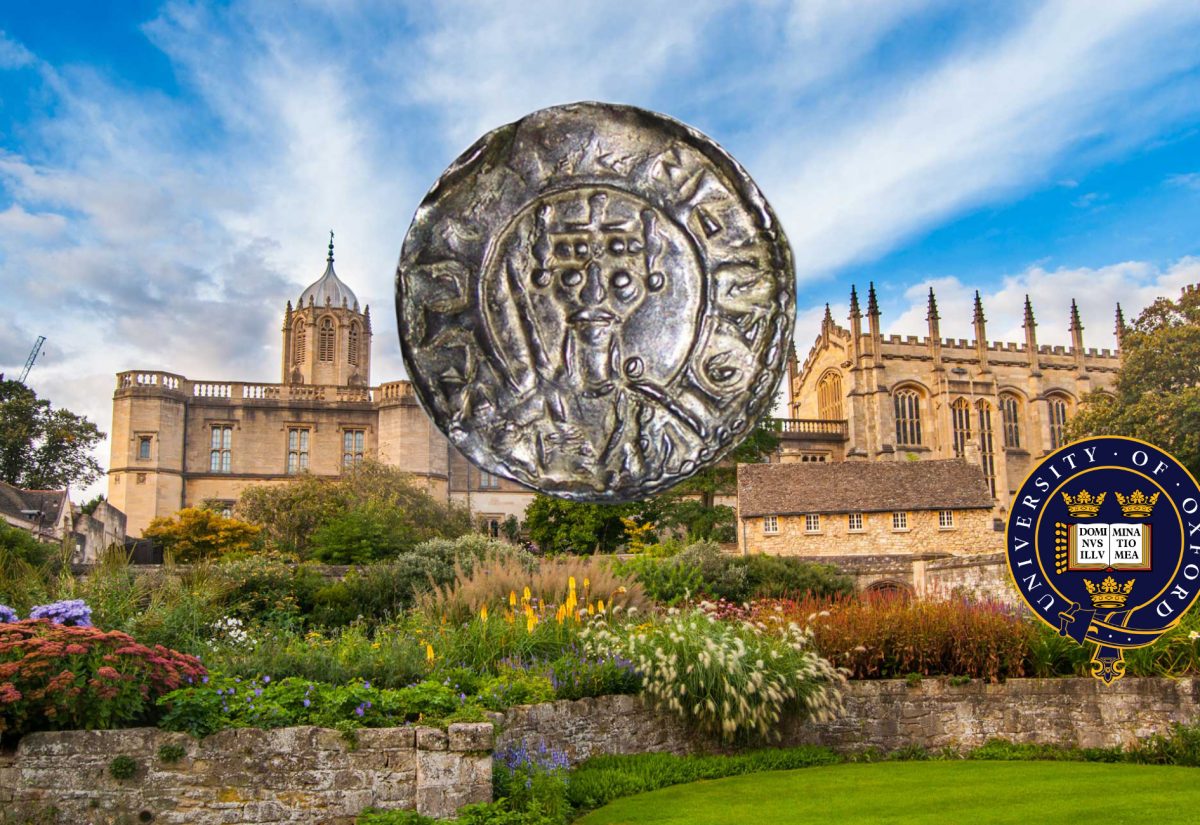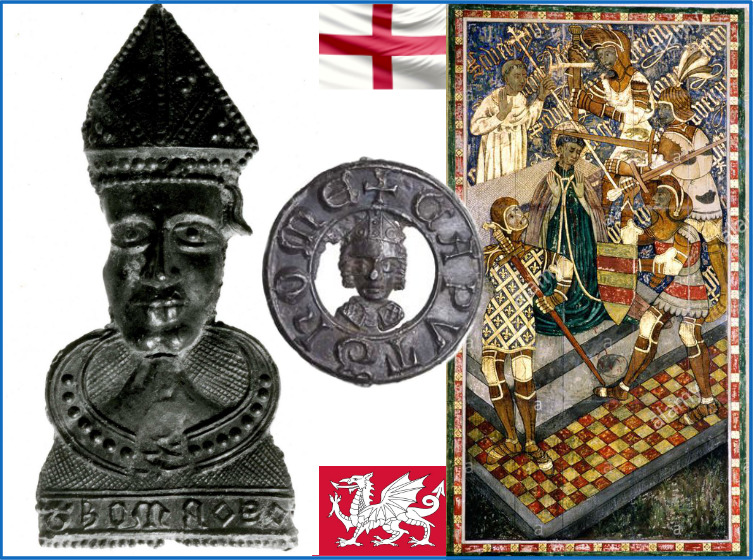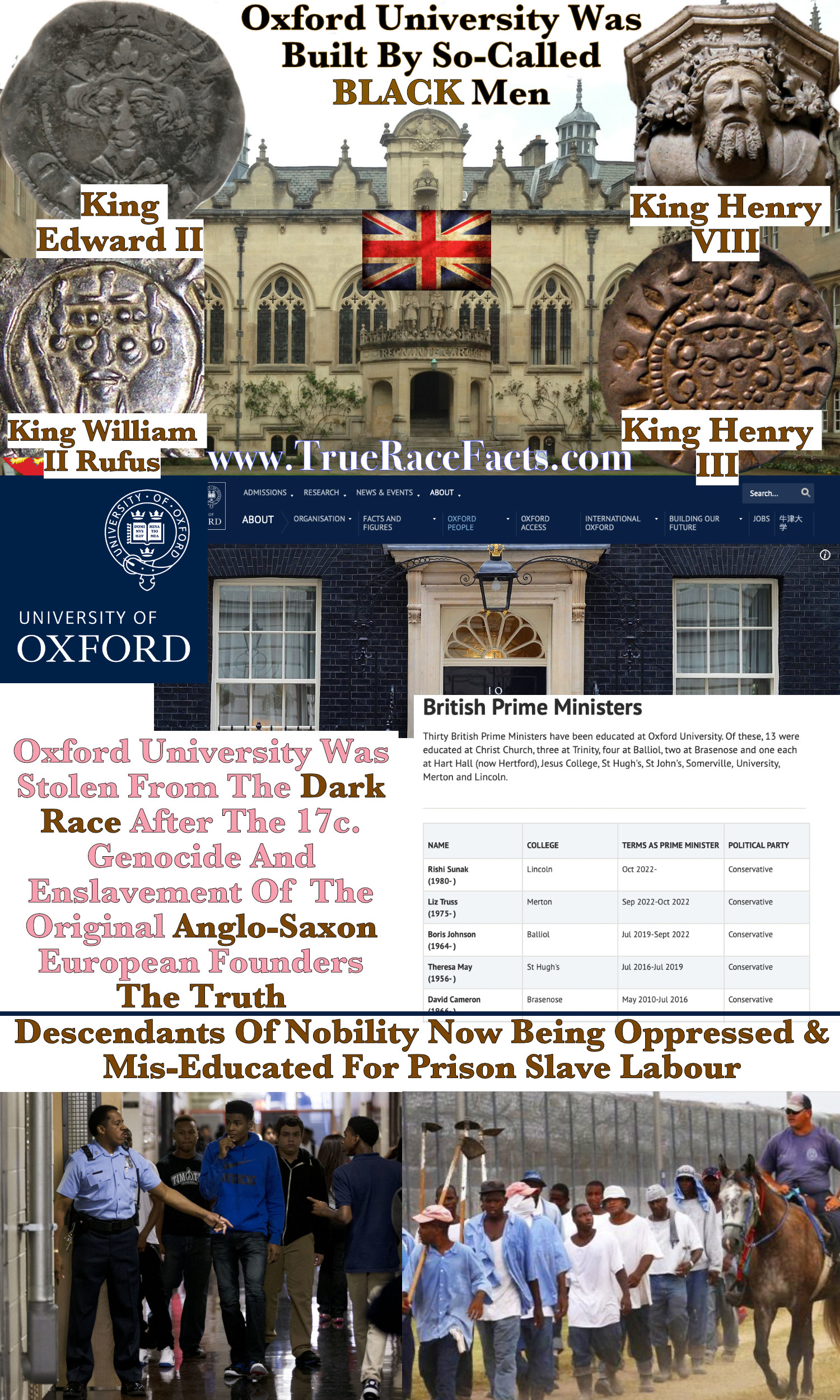Est. 1096 Oldest Education – University Of Oxford Under King William II Rufus & Other Israelite Kings
- Guinevere Jackson
- 12 November 2022
- 0 Comment

University of Oxford, United Kingdom Oxford is a unique and historic institution. As the oldest university in the English-speaking world, it can lay claim to nine centuries of continuous existence. Created somewhere between 1096 to 1167, the University of Oxford is one of the most widely revered institutions in the world. The roster of alumni boasts prime ministers, Nobel laureates, and notable figures like Sir Stephen Hawking. The exact date of its inception is not entirely known, but some history points to the fact that teachings began as early as 1096.
England – Oxford University was built under King William II, aka Rufus. There is evidence of teaching as early as 1096, making it the oldest University in English-speaking countries and the world’s second-oldest University in continuous operation. Most, if not all, were founded by Hebrew Israelite Kings, so-called black men who would’ve had to give the University its charter, so above, we will showcase the Kings that helped to build the most prestigious school in the world. Sadly this same University has used its professors to whitewash history for the benefit of Edomite supremacy.
The university is made up of thirty-nine semi-autonomous constituent colleges, six permanent private halls, and a range of academic departments, which are organised into four divisions. All the colleges are self-governing institutions within the university, each controlling its own membership and with its own internal structure and activities. All students are members of a college. It does not have a main campus, and its buildings and facilities are scattered throughout the city centre. Undergraduate teaching at Oxford consists of lectures, small-group tutorials at the colleges and halls, seminars, laboratory work and occasionally further tutorials provided by the central university faculties and departments. Postgraduate teaching is provided predominantly centrally.
Oxford operates the world’s oldest university museum, as well as the largest university press in the world and the largest academic library system nationwide. In the fiscal year ending 31 July 2019, the university had a total income of £2.45 billion, of which £624.8 million was from research grants and contracts.
“For, lo, thine enemies make a tumult: and they that hate thee have lifted up the head. They have taken crafty counsel against thy people, and consulted against thy hidden ones. They have said, Come, and let us cut them off from being a nation; that the name of Israel may be no more in remembrance. For they have consulted together with one consent: they are confederate against thee: The tabernacles of Edom, and the Ishmaelites; of Moab, and the Hagarenes;”
Psalms-83: 2-6 KJV
A Paris ban
Oxford developed rapidly from 1167, when Henry II banned English students from attending the University of Paris following a quarrel with Thomas Becket.

Thomas Becket, also known as Saint Thomas of Canterbury, Thomas of London and later Thomas à Becket (21 December 1119 or 1120 – 29 December 1170), was an English nobleman who served as Lord Chancellor from 1155 to 1162 and then notably as Archbishop of Canterbury from 1162 until his murder in 1170. He engaged in conflict with Henry II, King of England, over the rights and privileges of the Church and was murdered by followers of the king in Canterbury Cathedral. Soon after his death, he was canonised by Pope Alexander III. The Catholic Church and the Anglican Communion venerate him as a saint and martyr.

Source: Article Wikipedia – images Fair Use Copyright Disclaimer under section 107 of the Copyright Act of 1976, allowance is made for “fairuse” for purposes such as criticism, comment, news reporting, teaching, scholarship, education and research. Fair use is a use permitted by copyright statute that might otherwise be infringing. University of Oxford alumni website screenshot.
 Donate
Donate